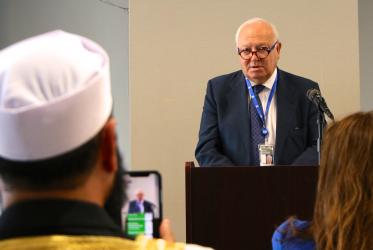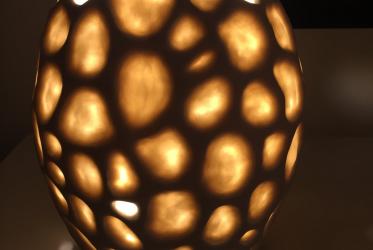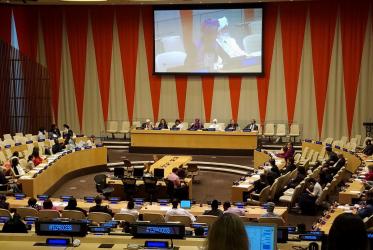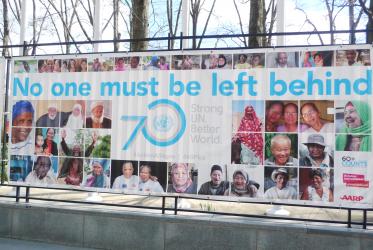Displaying 1 - 20 of 21
Worshipping safely: UN, faith communities unite to prevent violence
20 September 2019
Dr Saïd Ailabouni: God is on the side of rejected, oppressed, occupied
12 September 2019
Latest gun violence in US poses challenges for churches
05 August 2019
Peacemakers at work in Sri Lanka
29 April 2019
G20 summit: call to pray for peace in Hamburg
07 July 2017
International affairs facilitator reflects on pilgrimage
31 March 2016
Symposium focuses on religion, violence, extremism
04 February 2016
Indigenous faith leaders reflect on resilience and climate change
23 September 2014














